Why littering should be fought
Like other parts of Uganda, Nebbi is cursed by waste scattered around the environment, since means of public waste management are widely absent. Especially in town centers, there is hardly a chance to go without seeing a plastic bag laying around somewhere. Uncontrolled waste can have toxic side-effects. Over time, it will reach and affect the ground water, while already affecting the soil and rivers. Waste was also shown to sometimes cause the death of fish and can be a breeding ground for germs, thus also threatening livelihoods.
Cleaning Up
The best way to advocate for safe littering is to show people the immediate effects. JEEP thus organized a one-day cleanup event in Akworo sub-county, gathering a number of people to clean up the sub county headquarters, church premises, and Army Barracks in Akuru KasatoVvillage, the market in Market Square Village and health centre ii in Nyangara Village. To ensure local ownership, JEEP relied on the strong support of local leaders, who helped cleaning up and served as links between JEEP and the population. This also helped some poeple overcome scepticism about the activity and even led them to resort their priorities since it was a market day. Apart from advocacy and cleanup activities, JEEP also installed plastic waste bins to further help with cleaning the environment.
Conclusion
The activity was deemed succesful by JEEP and most welcomed by the citizens. Not only did they learn practical things about the dangers of waste, but the activity also left their village cleaner. The activity was also a good opportunity to get together and talk about different ways to conserve the environment, like tree planting, efficient stoves, and fireless cooking baskets.

Activity participants cleaning up their village.
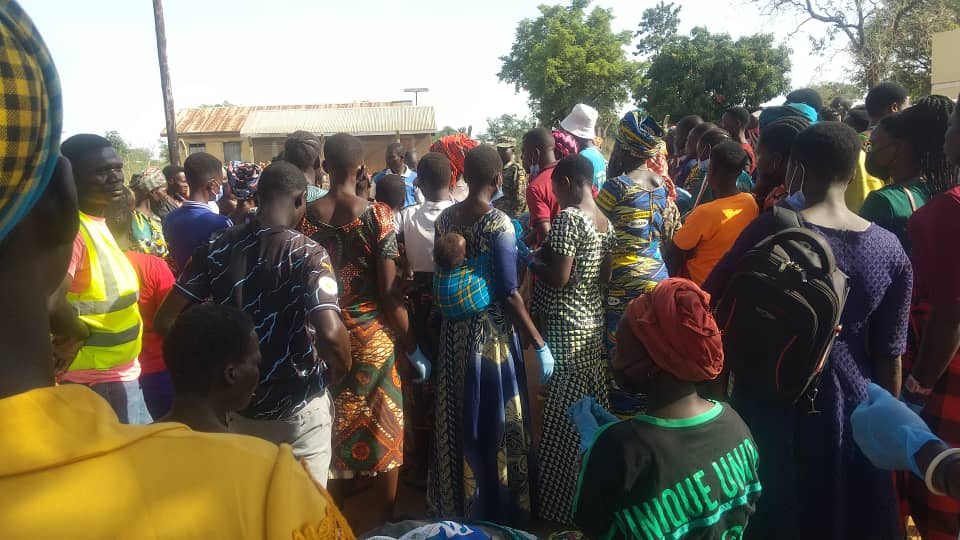
The cleanup action leader explaining the procedure.
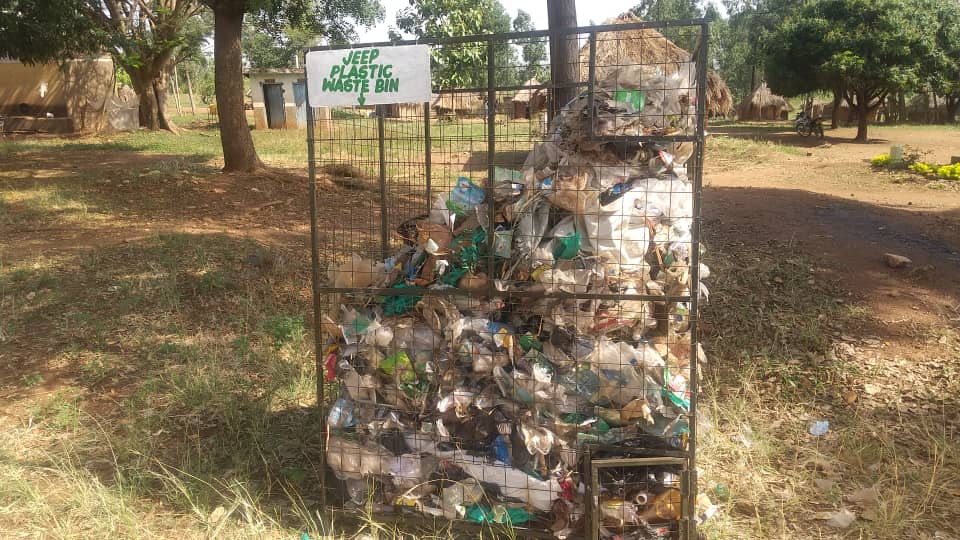
A JEEP waste bin already halfway full.
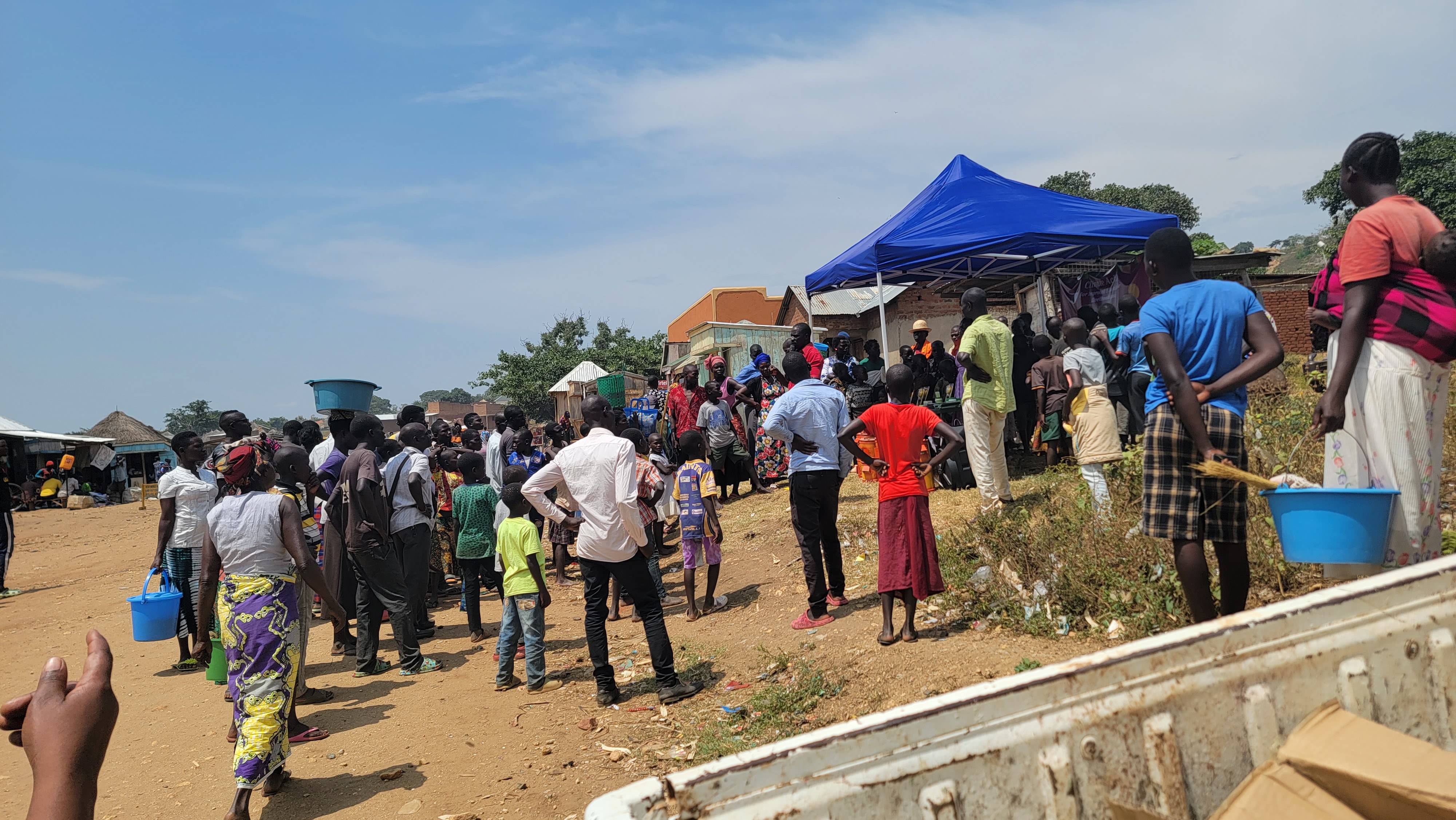


 Prototype LED-lights being tested at the JEEP headquarters.
Prototype LED-lights being tested at the JEEP headquarters.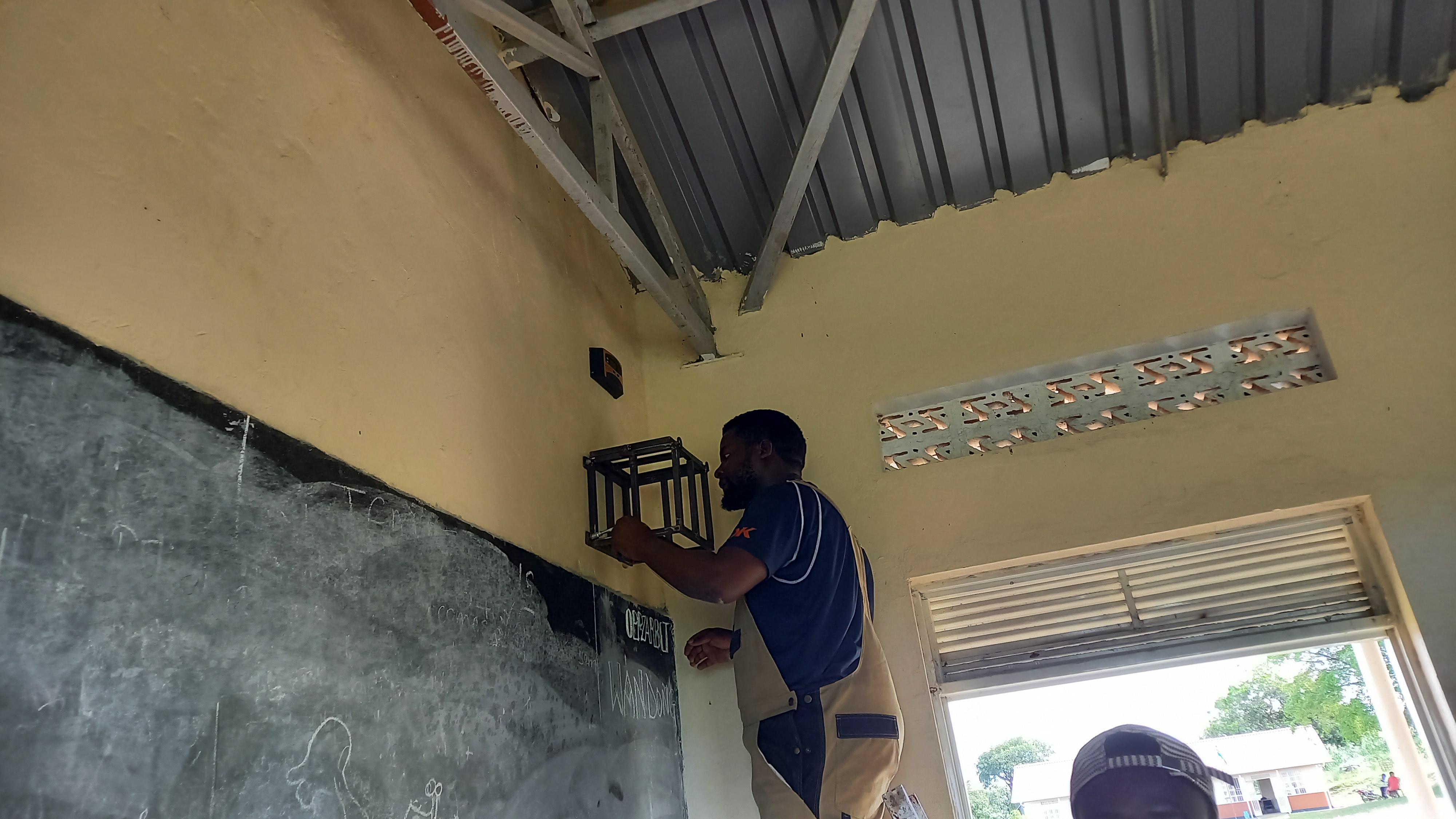
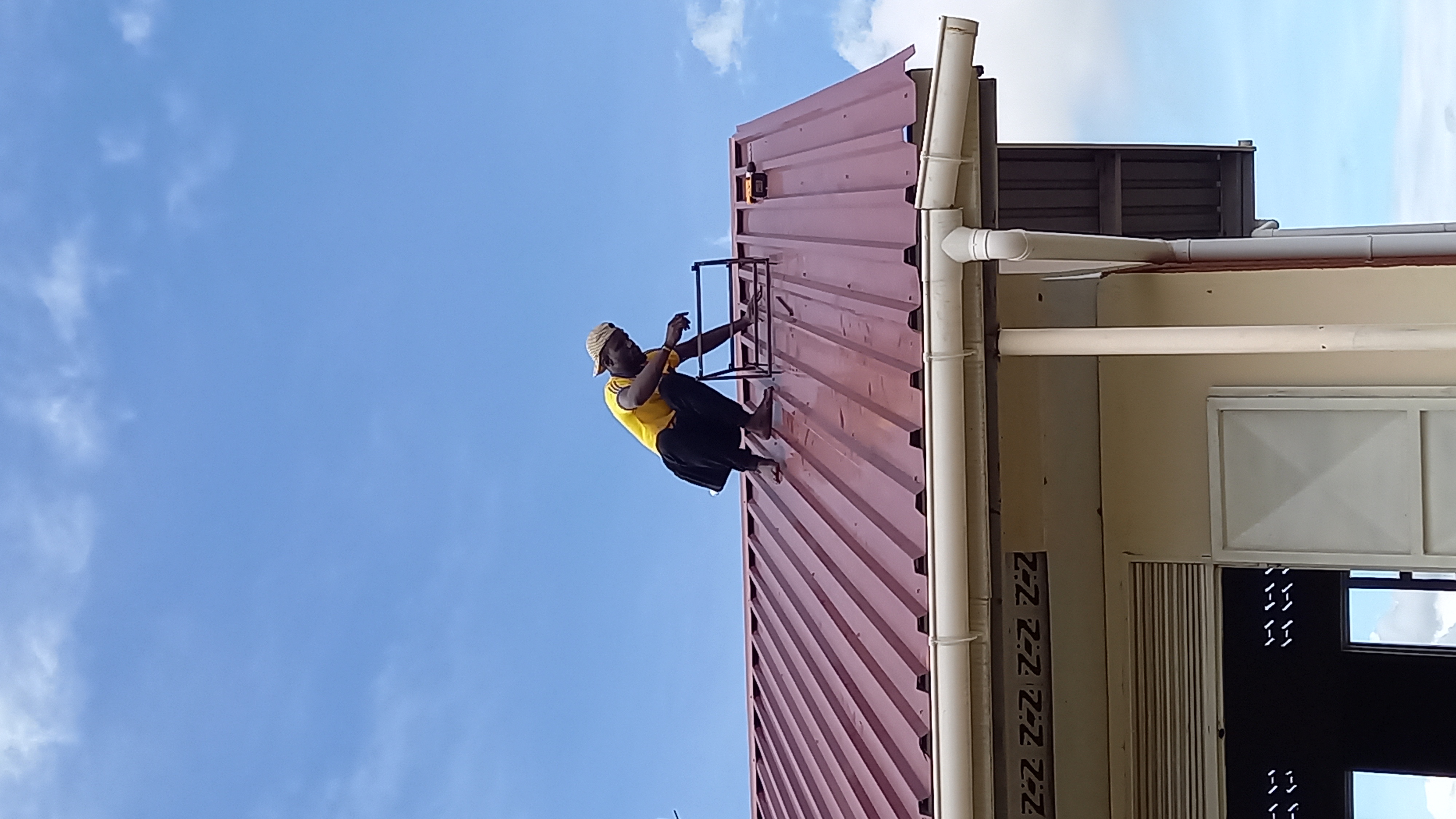 Installation of solar-cell and battery.
Installation of solar-cell and battery.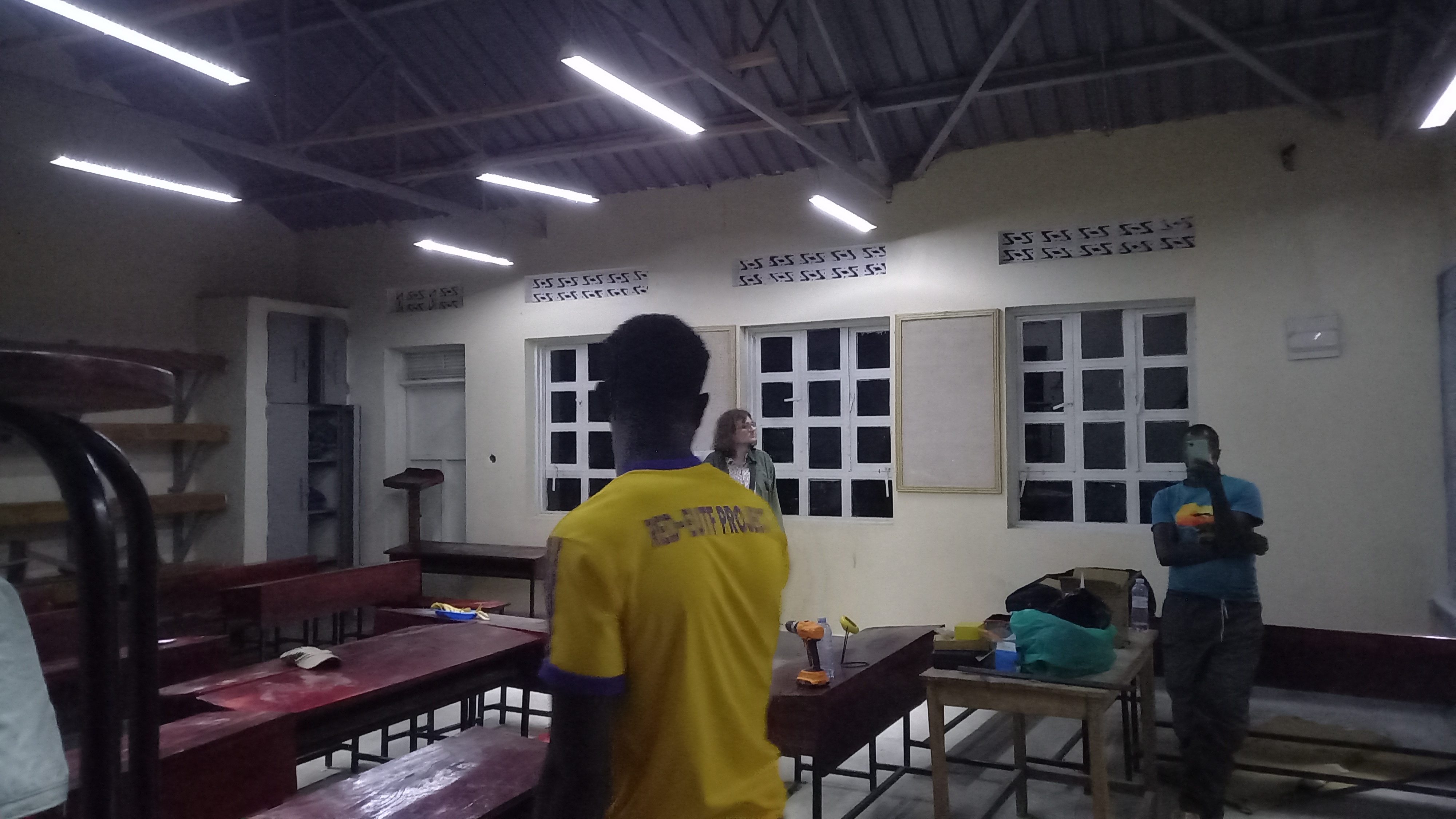 The installed lights shining bright in the school.
The installed lights shining bright in the school.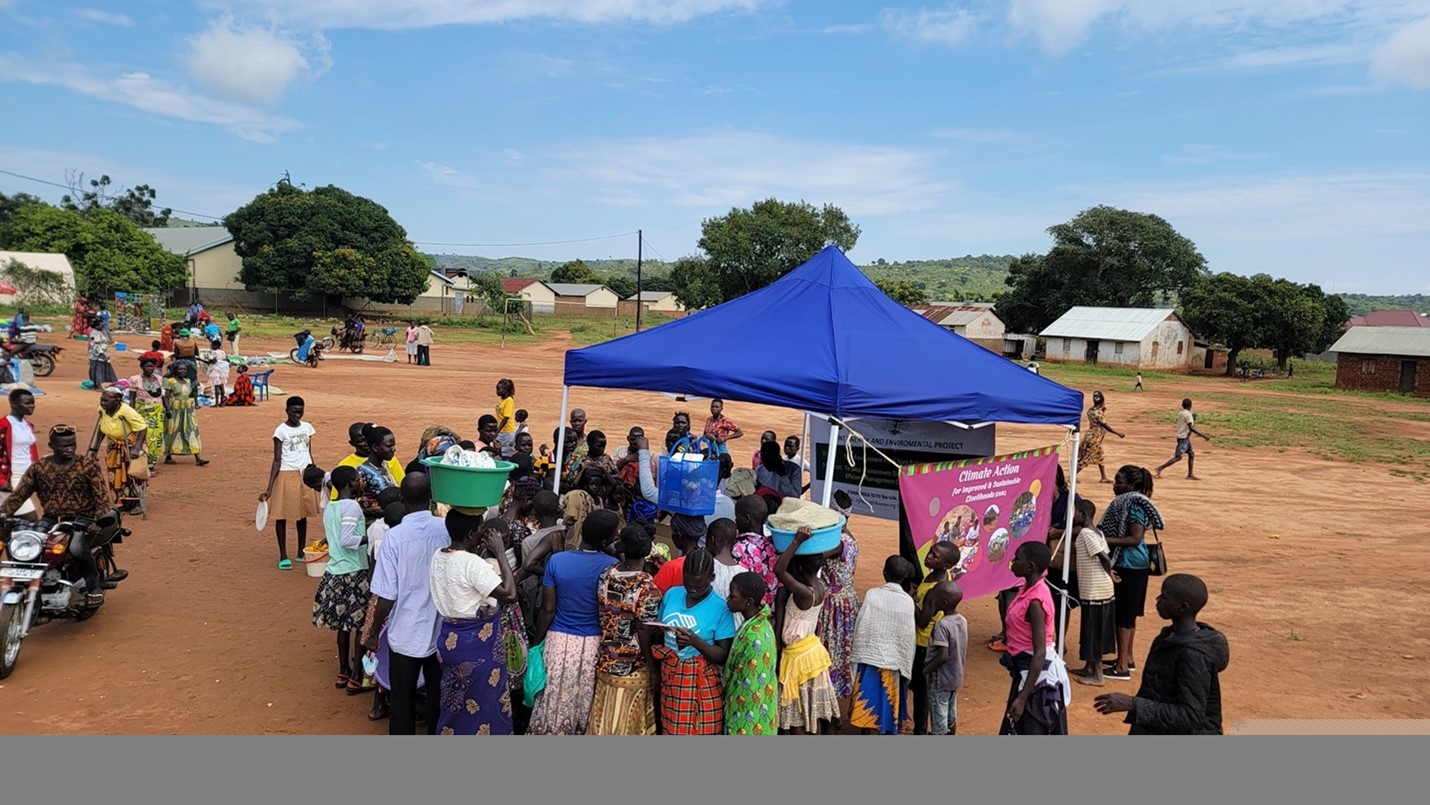 People gather around Angal Hospital Market Energy Hub.
People gather around Angal Hospital Market Energy Hub.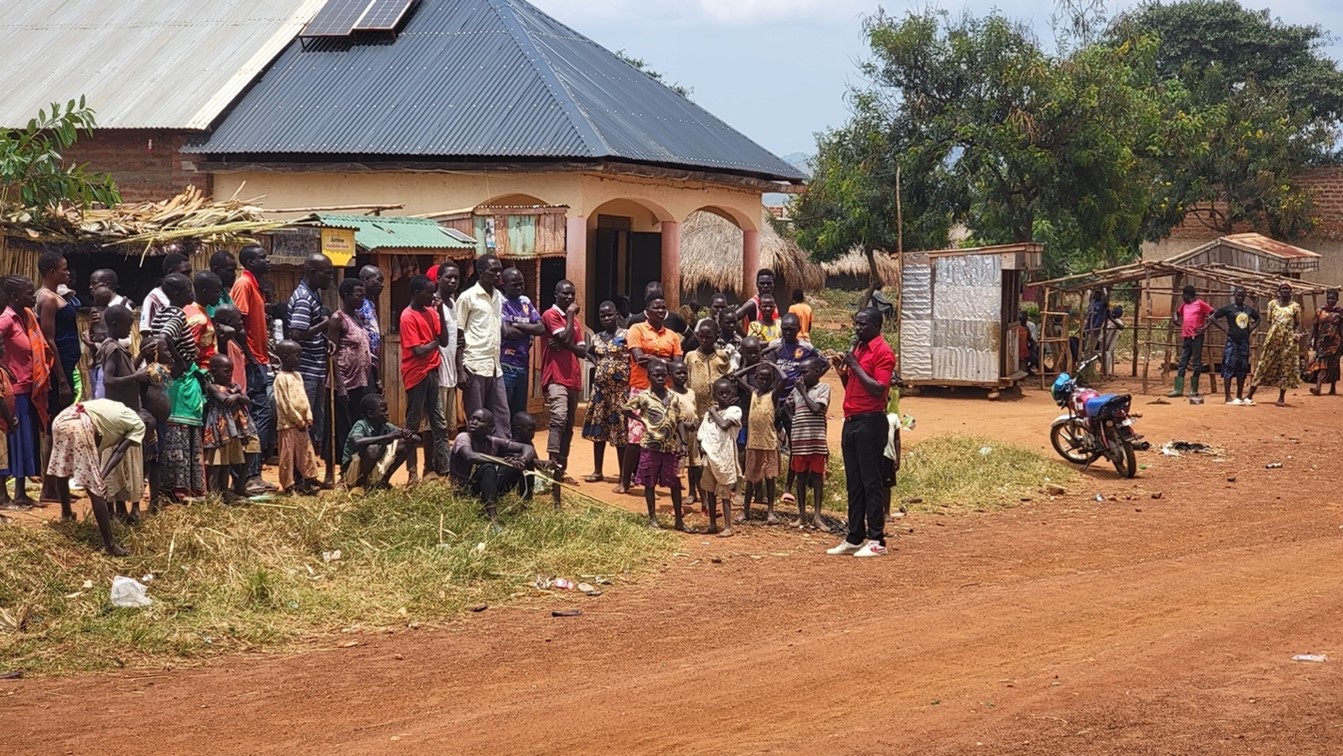 Trainer elaborating in Parombo Town Council.
Trainer elaborating in Parombo Town Council.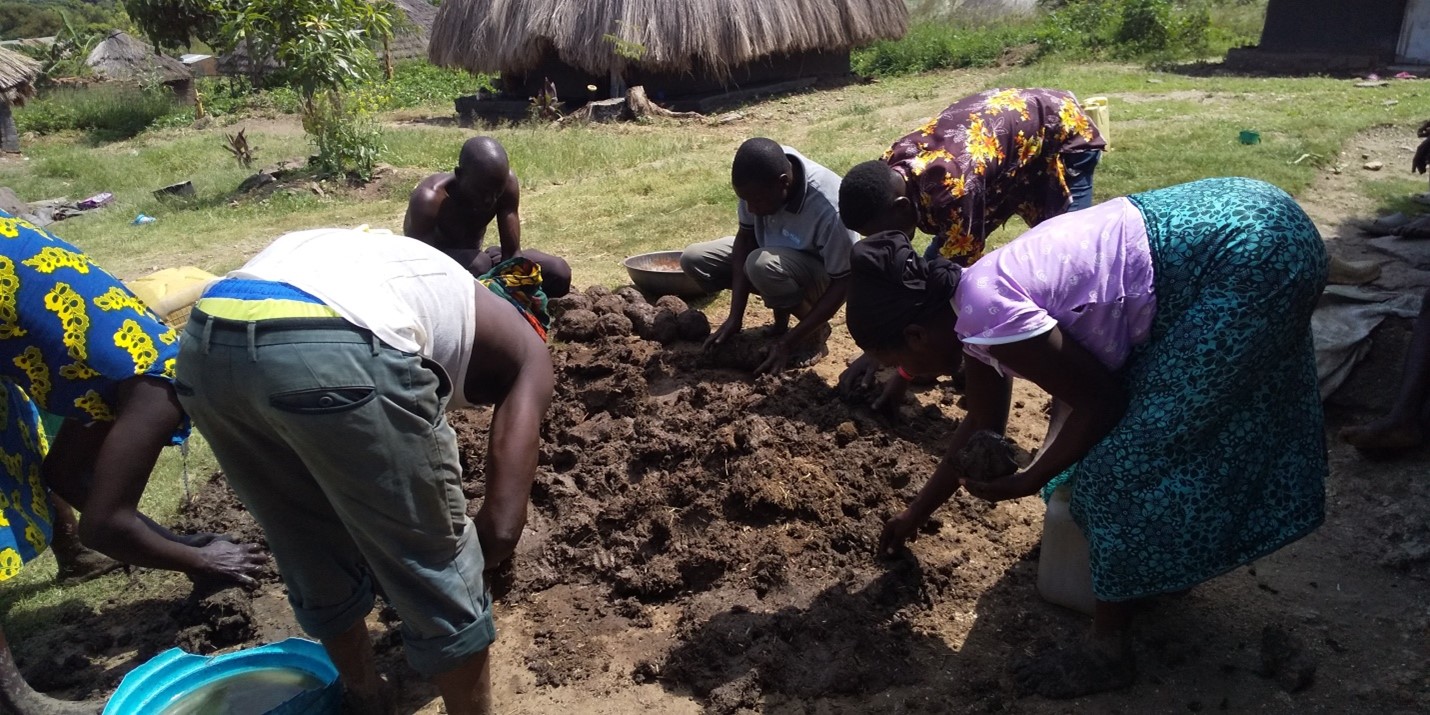 EASE&CA trainers during the practical refreshment session.
EASE&CA trainers during the practical refreshment session.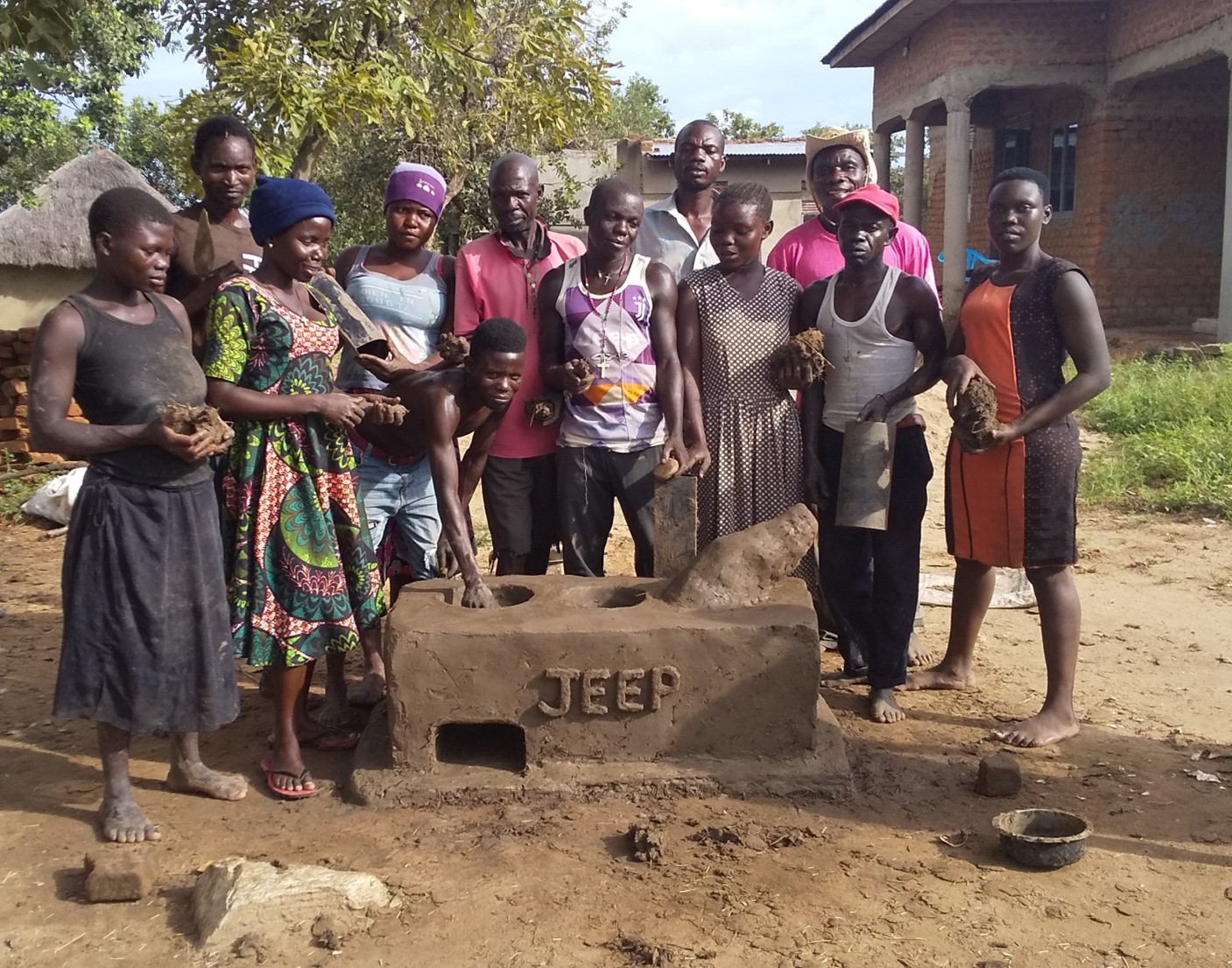 Beneficiaries pose next to an energy-saving stove after a succesful training.
Beneficiaries pose next to an energy-saving stove after a succesful training.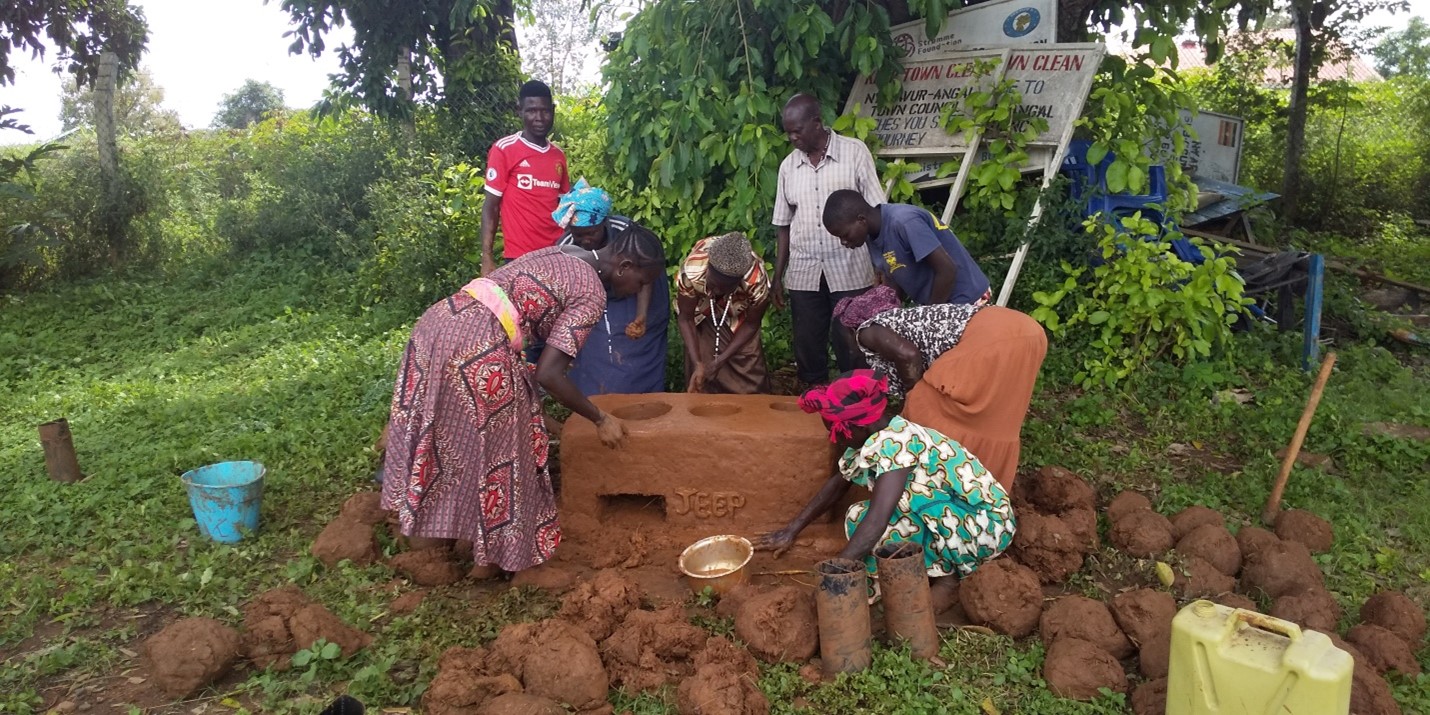 Training in stove construction in Nyaravur –Angal Town Council.
Training in stove construction in Nyaravur –Angal Town Council.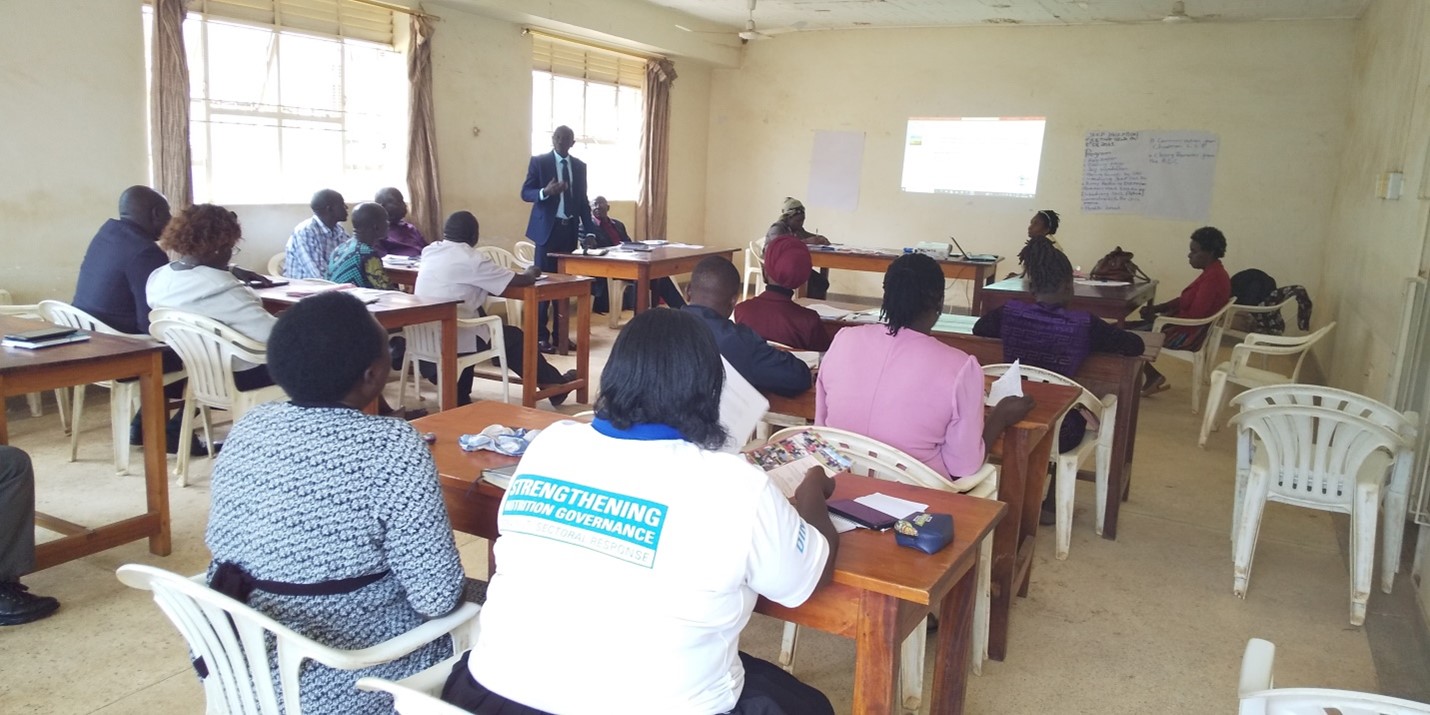 District Leaders meeting with JEEP Team
District Leaders meeting with JEEP Team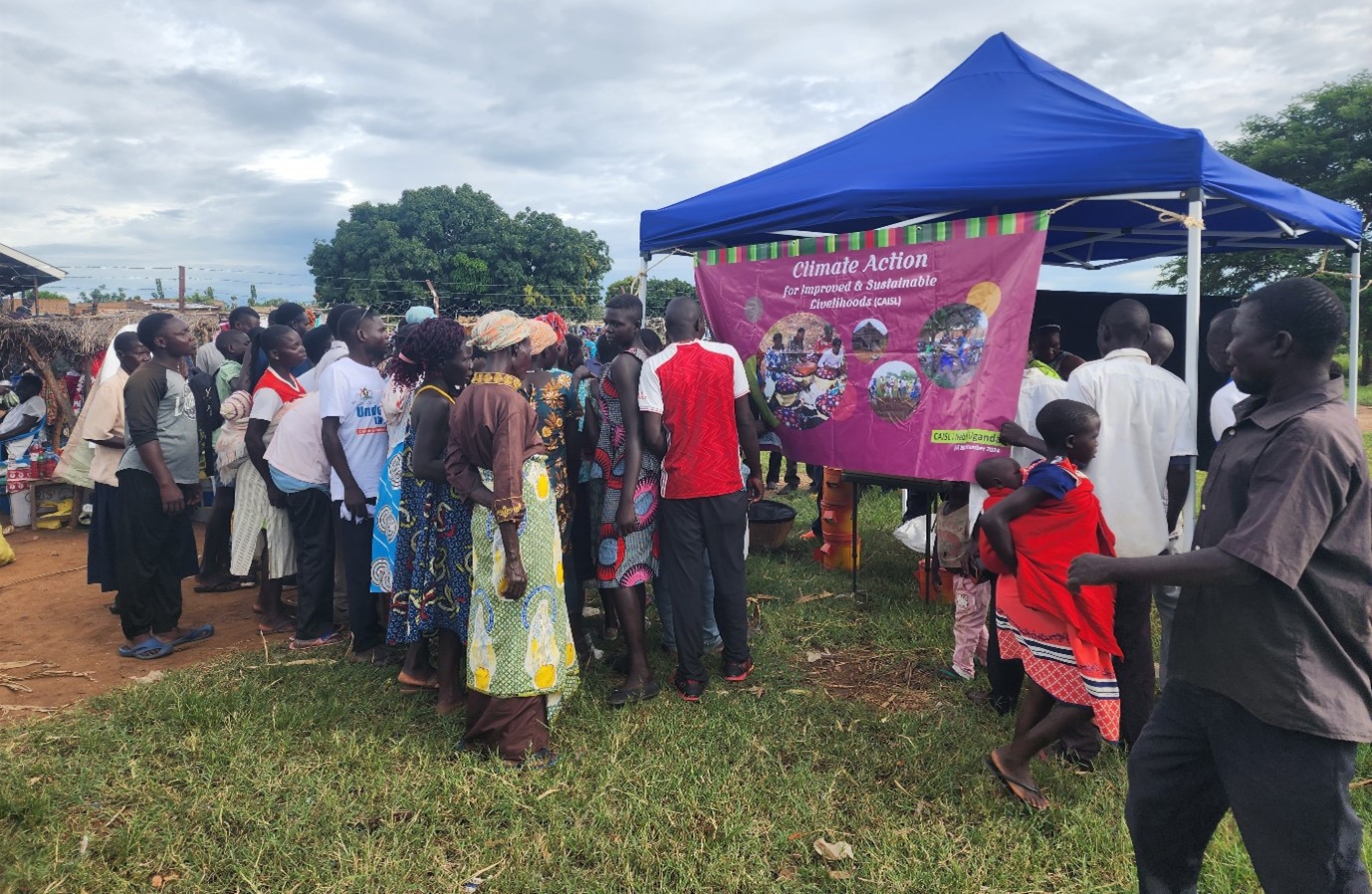 The energy hub in question.
The energy hub in question.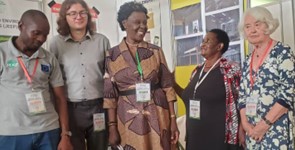 JEEP CEO Ruth Kiwanuka in midst of her Team at the NREC.
JEEP CEO Ruth Kiwanuka in midst of her Team at the NREC. The JEEP Team at the capacity building workshop.
The JEEP Team at the capacity building workshop.